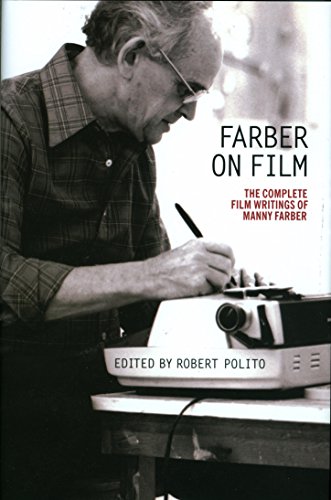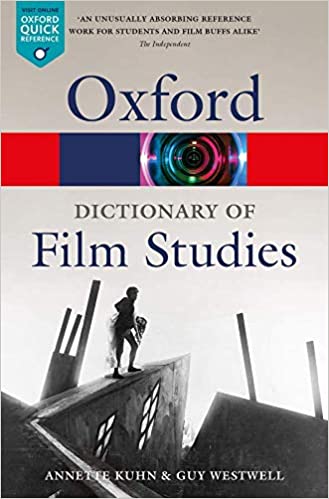 Dictionary of Film Studies
Dictionary of Film StudiesWritten by experts in the field, and covers terms, concepts, debates, and movements in film theory, history and criticism.
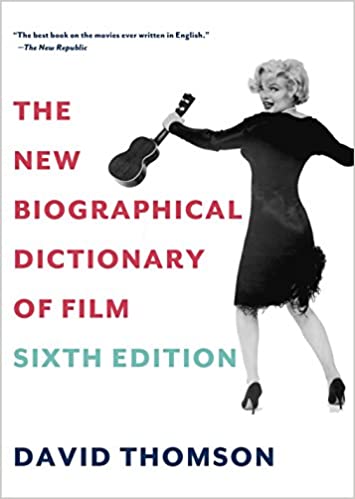 New Biographical Dictionary of Film: Sixth Edition
New Biographical Dictionary of Film: Sixth EditionFirst published in 1975, this dicitonary contains over 1300 entries on the key figures in film history.
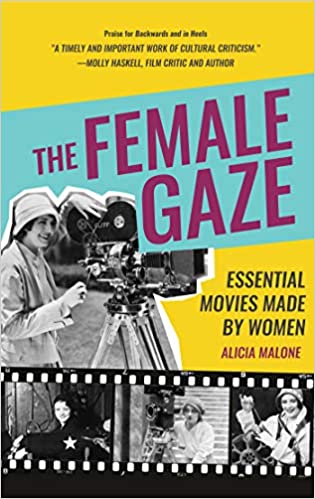 The Female Gaze : Essential Movies Made by Women
The Female Gaze : Essential Movies Made by Women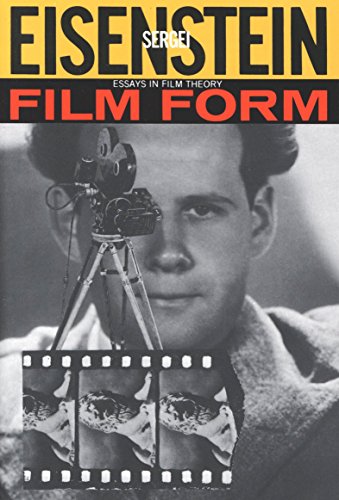 Film Form: Essays in Film Theory
Film Form: Essays in Film Theory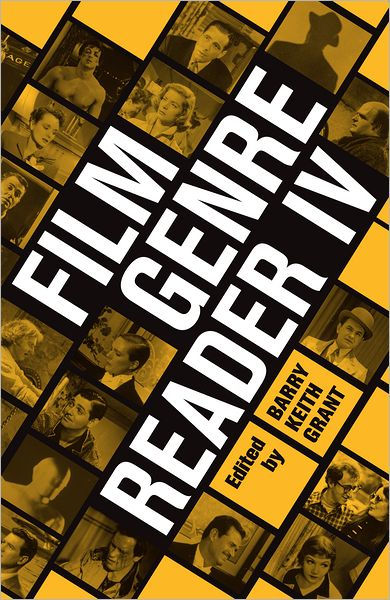 Film Genre Reader IV
Film Genre Reader IV From Caligari to Hitler: A Psychological History of the German Film
From Caligari to Hitler: A Psychological History of the German Film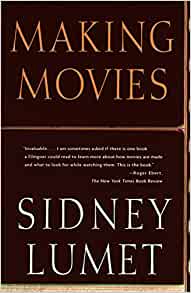 Making Movies
Making Movies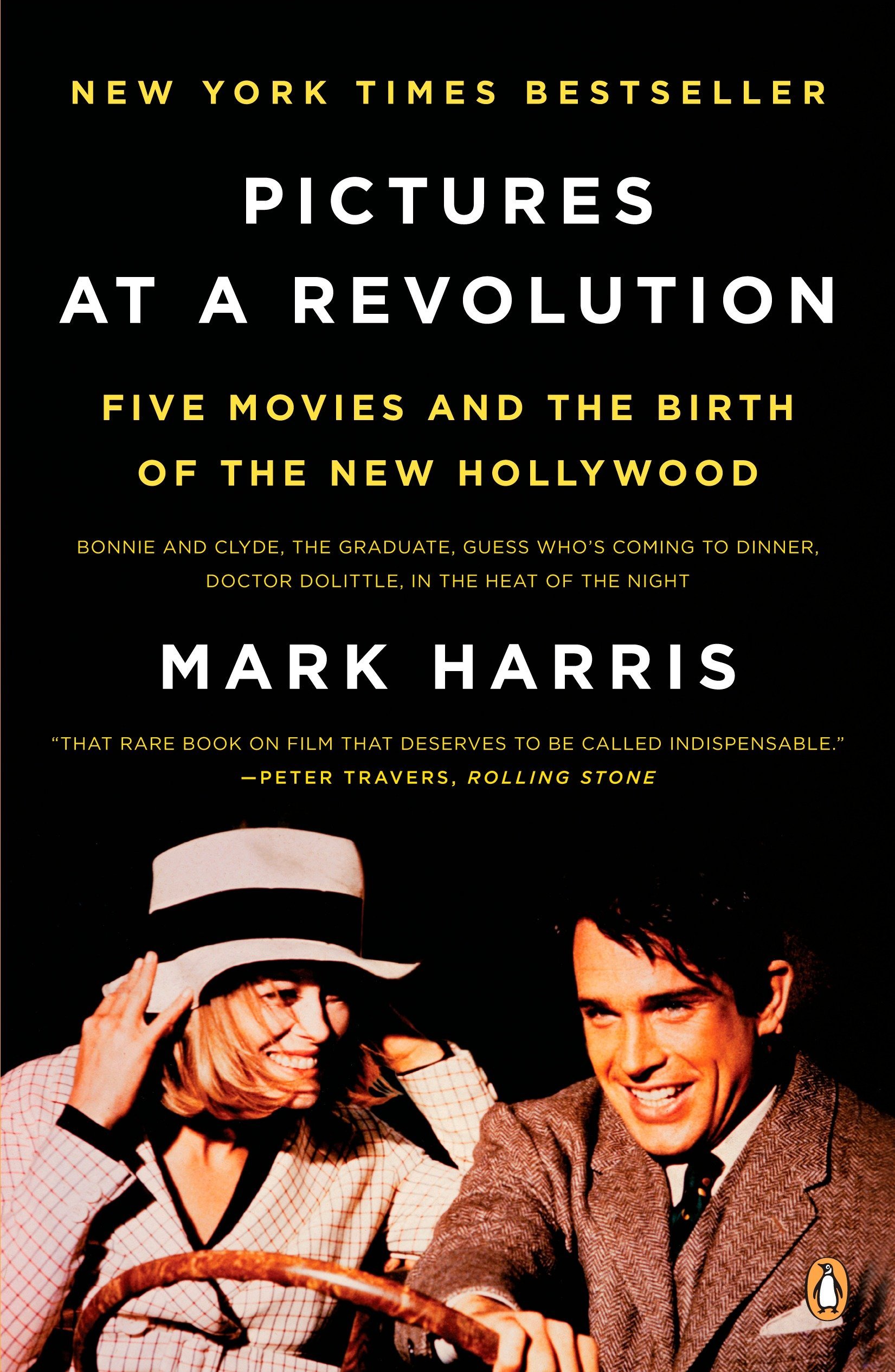 Pictures at a Revolution : Five Movies and the Birth of the New Hollywood
Pictures at a Revolution : Five Movies and the Birth of the New Hollywood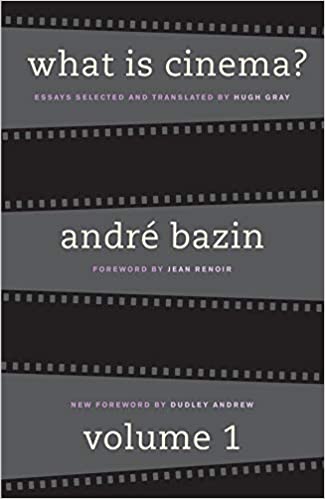 What is Cinema?
What is Cinema?Volume I
Volume II
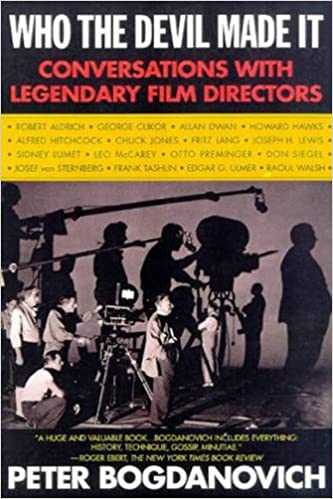 Who the Devil Made It: Conversations with Legendary Film Directors
Who the Devil Made It: Conversations with Legendary Film Directors
Cineaste: Presents reviews of and essays about international films.
Film Comment: Features articles on narrative, documentary and independent film makers, filmography, film criticism and reviews.
Film Criticism: Writing from a new generation of film historians, theorists, and critics representing many different disciplines, cultures, and critical perspectives.
Journal of Popular Film & Television:
Concentration on commercial cinema and television, theory/criticism, interviews, filmographies, bibliographies, stars, directors, producers, studios and networks.
Little White Lies: British, internationally distributed, movie magazine and website.
Senses of Cinema: Senses of Cinema is an online journal devoted to the serious and eclectic discussion of cinema.
Contains approximately 700,000 citations from articles, film reviews, and book reviews published between 1976 and 2001. The "production title" advanced search is useful for finding reviews for specific film titles.
Resource Sharing requests for full text access can be placed in Primo OneSearch.
Internet Movie Database
An online database of information related to movies, actors, television shows, production crew personnel, video games, and most recently, fictional characters featured in visual entertainment media.
Media History Digital Library
A free online resource, featuring millions of pages of books and magazines from the histories of film, broadcasting, and recorded sound. Led by Eric Hoyt at the University of Wisconsin-Madison. Content is primarily pre-1926.
ProQuest U.S. Newsstream This database gives full text access to national news sources including a large number of film reviews dating back to the 1980s.
Choose Advanced Search. Scroll down to Document Type and check Film and Review. Search for your film title in quotation marks for more accurate results. Example: "Black Panther".
EBSCO MegaFILE Another source that searches multiple databases for scholarly and popular articles. Scroll down to Document Type and select Film Reviews an/or Film Criticism. Search for your film title in quotation marks.
Online Film Review Aggregators
- Cinema
- Cinematography
- Film
- Film adaptations
- Film studies
- Motion pictures--criticism
- Motion pictures--reviews
- Native peoples in motion pictures
- Performing arts--film & video
- Women in motion pictures
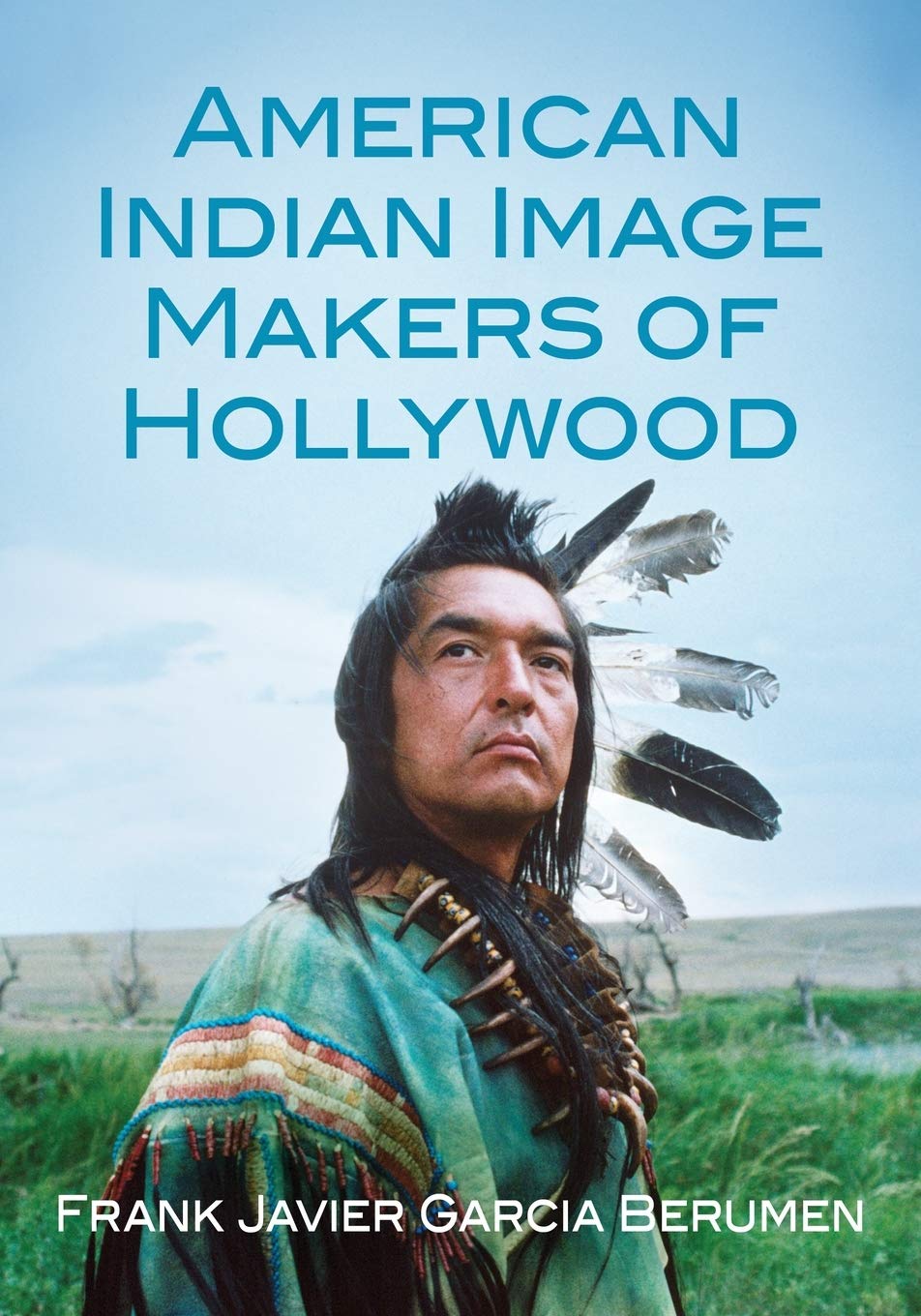 American Indian Image Makers of Hollywood
American Indian Image Makers of Hollywood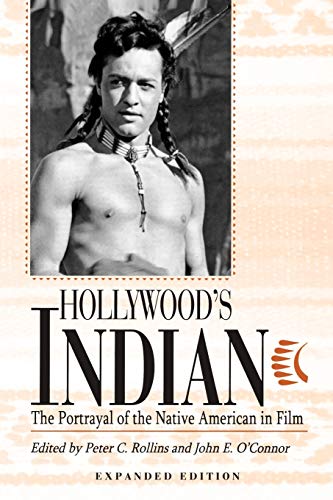 Hollywood's Indian: The Portrayal of the Native American in Film
Hollywood's Indian: The Portrayal of the Native American in Film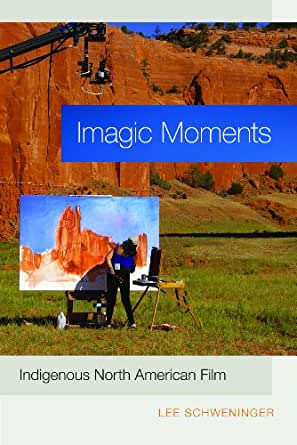 Imagic Moments: Indigenous North American Film
Imagic Moments: Indigenous North American Film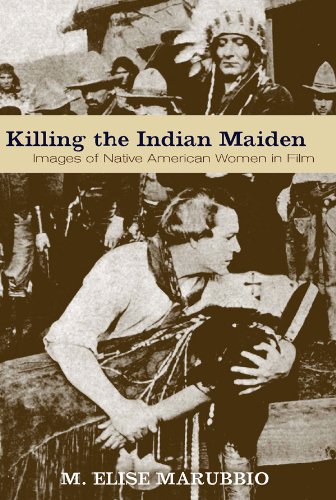 Killing the Indian Maiden: Images of Native American Women in Film
Killing the Indian Maiden: Images of Native American Women in Film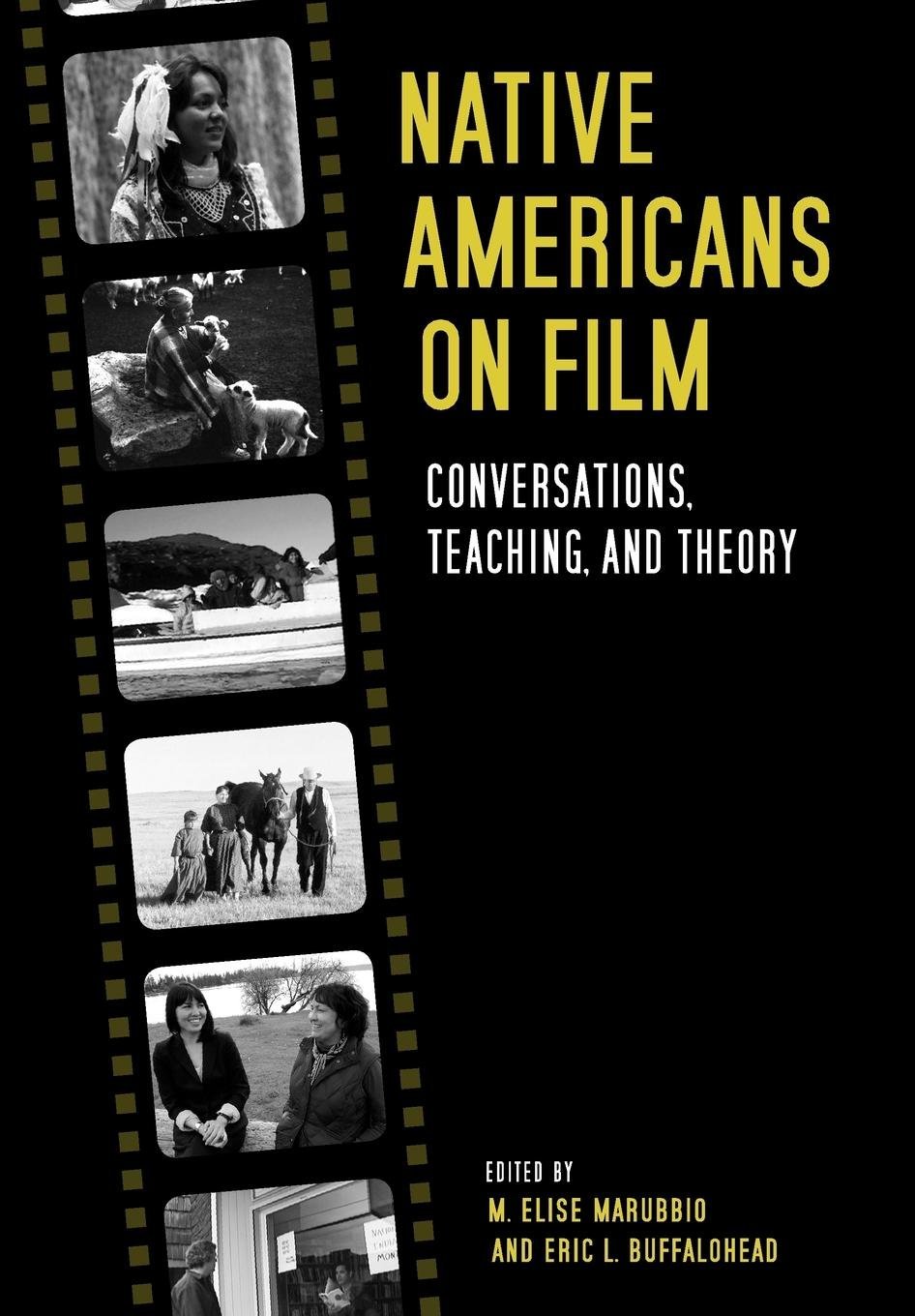 Native Americans on Film: Conversations, Teaching, and Theory
Native Americans on Film: Conversations, Teaching, and Theory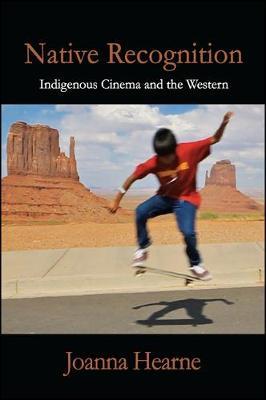 Native Recognitions: Indigenous Cinema and the Western
Native Recognitions: Indigenous Cinema and the WesternMLA (8TH ED.) END-TEXT CITATIONS FOR FILM
This cheat sheet shows all the different ways you can correctly cite a feature length film or television show, according to the Modern Language Association.
Clearly, there are several ways to cite each thing, and you have to make some choices. In particular, you need to decide if you will begin your citation with the title of the film, the director’s last name, or the last name of the lead performer.
When you make this choice, consider how you will refer to the film throughout your essay.
-
If you are primarily referring to the film as a whole, begin your citation with the name of the film.
-
If your main criticism involves the choices the director made, begin your citation with the director’s name.
-
If you are primarily analyzing the performance of one of the actors, begin with the performer’s name.
Of course, your essay may touch on the film as a whole, the choices the director makes, and the performances of the actors. If that is the case, start with the title of the film and be sure that the name of anyone you mention in your essay after the title (see the first example on the list below).
Want to know how to cite the reviews and other sources you found? Go here.
The following information came from the Purdue OWL. Thanks Purdue!
FILMS OR MOVIES
List films by their title. Include the name of the director, the film studio or distributor, and the release year. If relevant, list performer names after the director's name.
Speed Racer. Directed by Lana Wachowski and Lilly Wachowski, performances by Emile Hirsch, Nicholas Elia, Susan Sarandon, Ariel Winter, and John Goodman, Warner Brothers, 2008.
To emphasize specific performers or directors, begin the citation with the name of the desired performer or director, followed by the appropriate title for that person.
Lucas, George, director. Star Wars Episode IV: A New Hope. Twentieth Century Fox, 1977.
TELEVISION SHOWS
Recorded Television Episodes
Cite recorded television episodes like films (see above). Begin with the episode name in quotation marks. Follow with the series name in italics. When the title of the collection of recordings is different than the original series (e.g., the show Friends is in DVD release under the title Friends: The Complete Sixth Season), list the title that would help researchers to locate the recording. Give the distributor name followed by the date of distribution.
"The One Where Chandler Can't Cry." Friends: The Complete Sixth Season, written by Andrew Reich and Ted Cohen, directed by Kevin Bright, Warner Brothers, 2004.
Broadcast TV or Radio Program
Begin with the title of the episode in quotation marks. Provide the name of the series or program in italics. Also include the network name, call letters of the station followed by the date of broadcast and city.
"The Blessing Way." The X-Files. Fox, WXIA, Atlanta, 19 Jul. 1998.
Netflix, Hulu, Google Play
Generally, when citing a specific episode, follow the format below.
“94 Meetings.” Parks and Recreation, season 2, episode 21, NBC, 29 Apr. 2010. Netflix, www.netflix.com/watch/70152031.
An Entire TV Series
When citing the entire series of a TV show, use the following format.
Daniels, Greg and Michael Schur, creators. Parks and Recreation. Deedle-Dee Productions and Universal Media Studios, 2015.
A Specific Performance or Aspect of a TV Show
If you want to emphasize a particular aspect of the show, include that particular information. For instance, if you are writing about a specific character during a certain episode, include the performer’s name as well as the creator’s.
“94 Meetings.” Parks and Recreation, created by Greg Daniels and Michael Schur, performance by Amy Poehler, season 2, episode 21, Deedle-Dee Productions and Universal Media Studios, 2010.
If you wish to emphasize a particular character throughout the show’s run time, follow this format.
Poehler, Amy, performer. Parks and Recreation. Deedle-Dee Productions and Universal Media Studios, 2009-2015.




